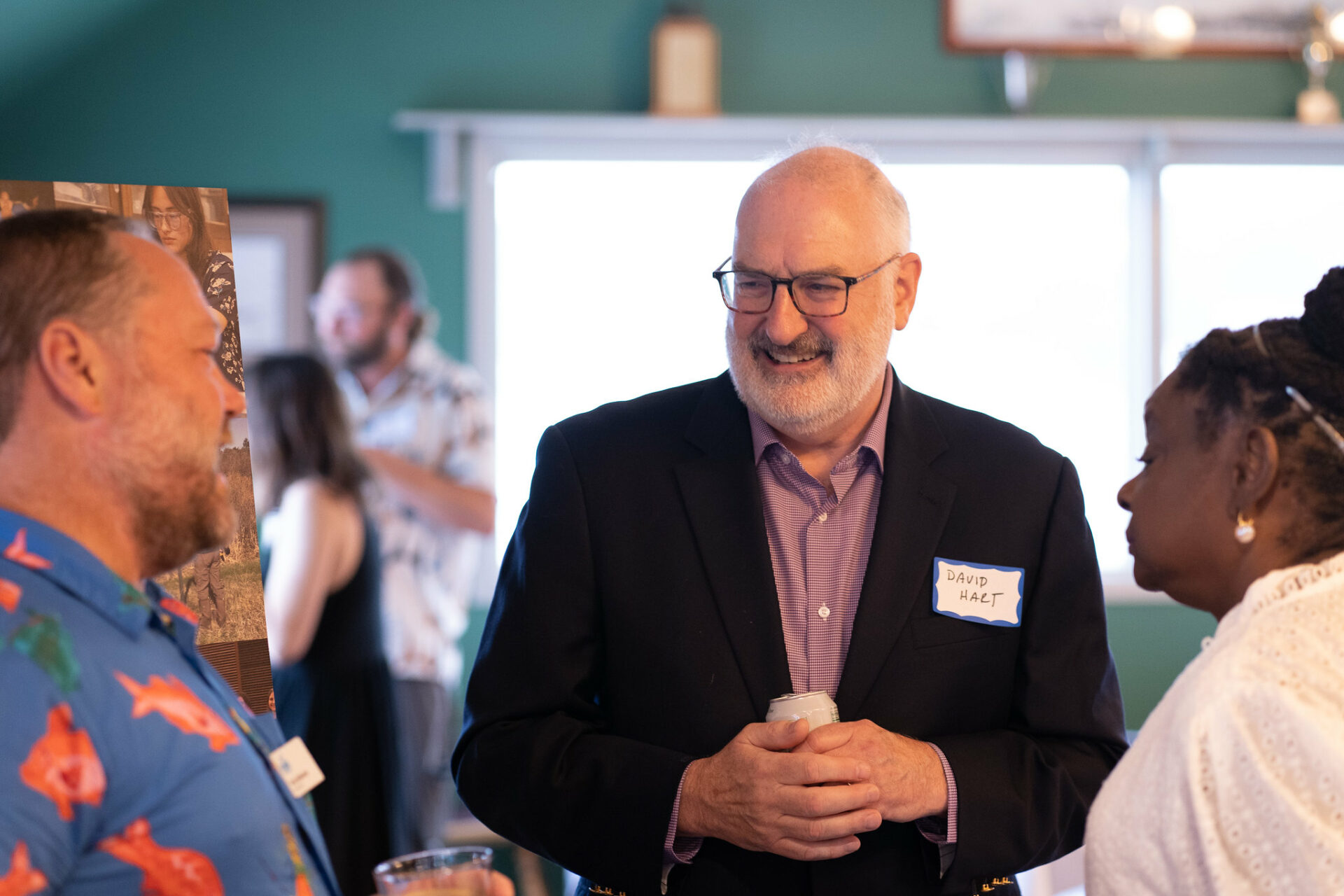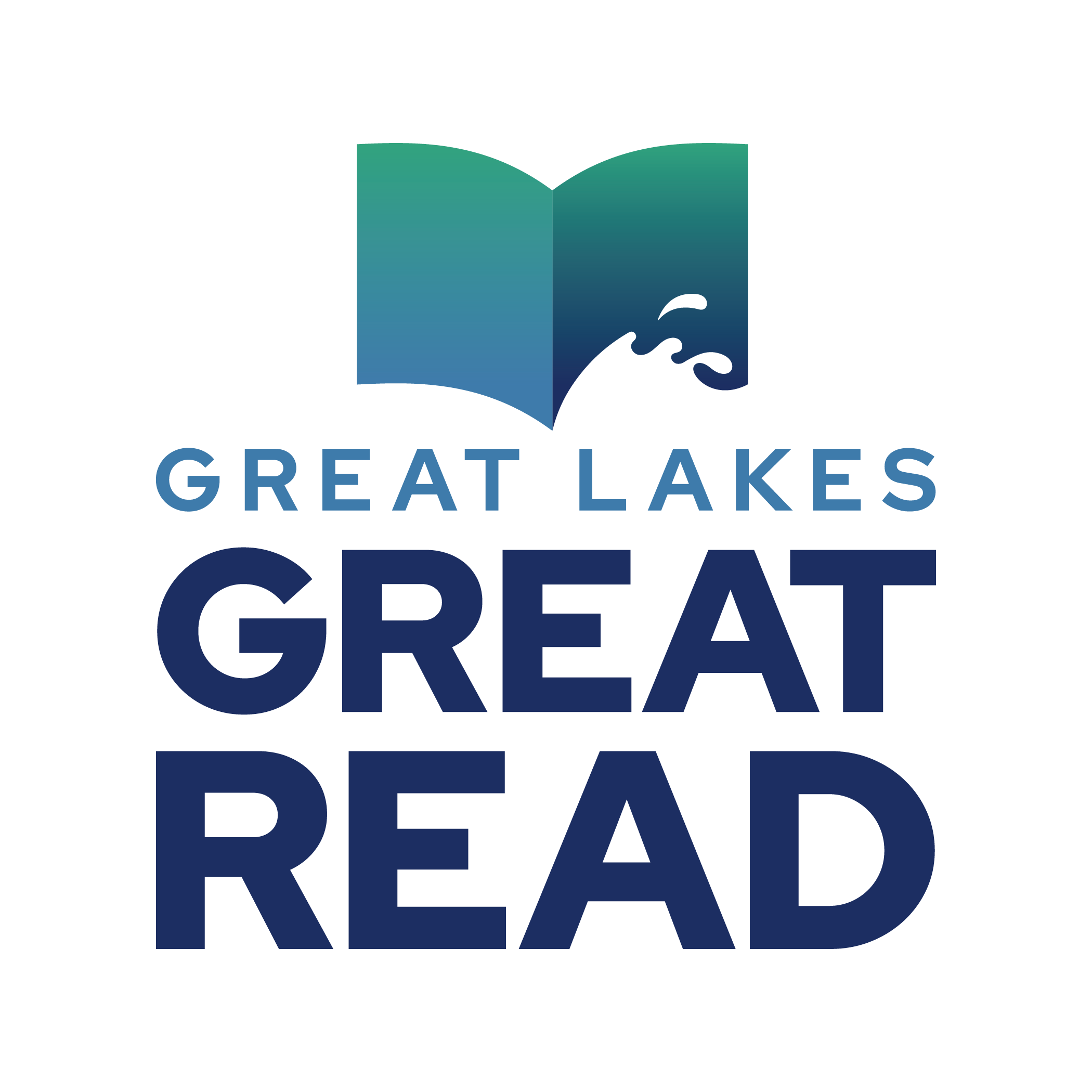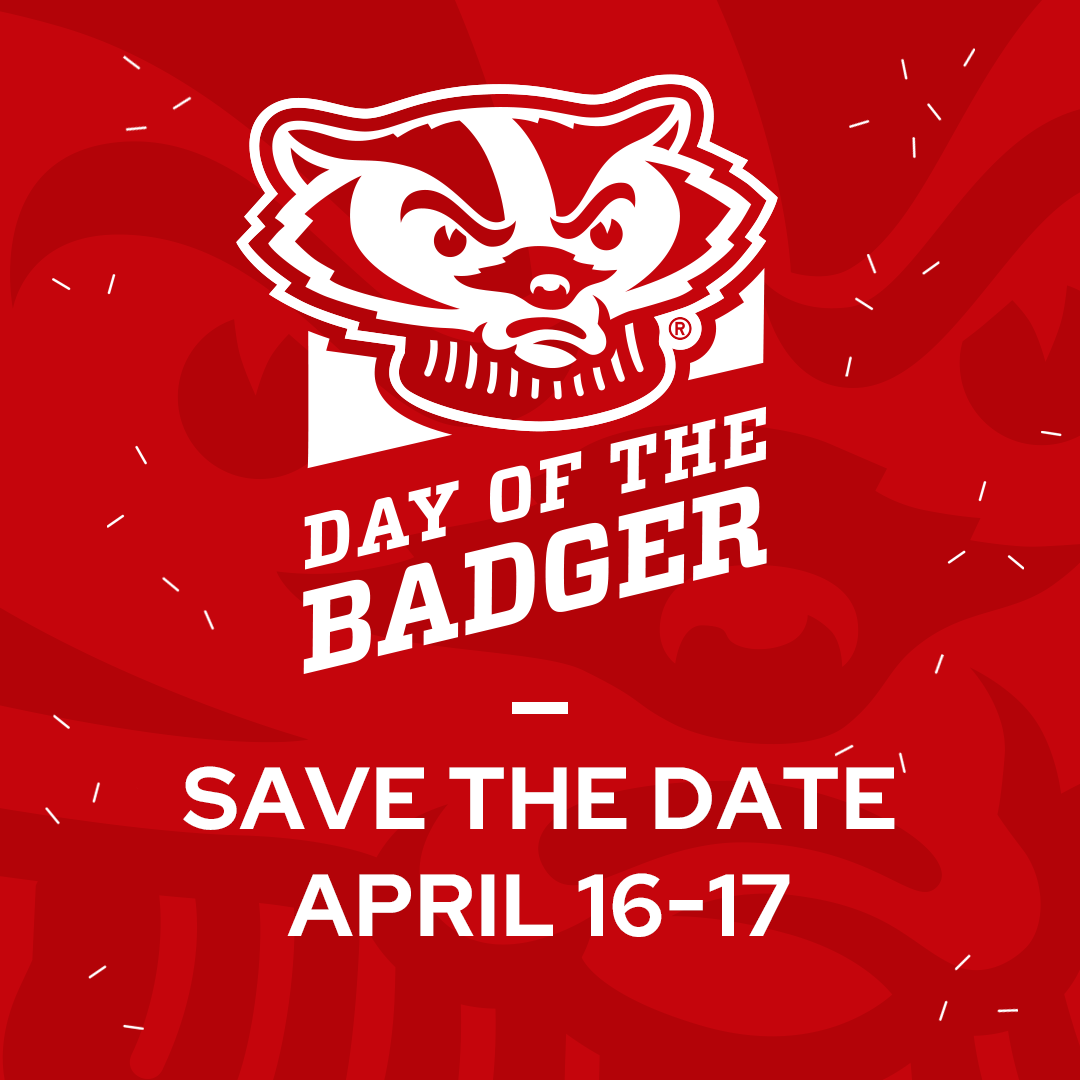The newest member of University of Wisconsin Sea Grant’s 14-member Advisory Council is a man poised at the very apex of water science in Wisconsin: David Garman, the dean of UW-Milwaukee’s School of Freshwater Sciences.
This Australian native—he holds both a masters degree and Ph.D. from the University of Sydney—has spent his career with one foot in academia and the other in industry. As the executive director of a company called Environmental Biotechnology CRC, Garman managed a $10 million annual budget devoted to the development of water and wastewater management tools and applications. He’s also the former chairman of the International Water Association and has presented talks about sustainable cities and water system technology to recent meetings of the World Water Council. In other words, the man knows his water management science.
We asked him to share his impressions of UW Sea Grant and the ways in which his organization will work with ours to further marine research in a rapidly changing scientific environment.
UWSG: You’ve been part of at least one UW Sea Grant advisory council meeting, and, now, a technical review process. What’s been your impression of UW Sea Grant so far?
Garman: My first meeting left me with a good impression of the range of skills and experience on the advisory council. I was also pleased with the ongoing references to the UW Sea Grant strategic plan and the steps that would be taken toward its implementation.
I noticed several new priorities outlined in the strategic plan, which could mean a reallocation of funding from traditional projects. I will be interested to see how Sea Grant will continue its work in coastal and fish management, areas in which it has had a great impact in the past.
UWSG: What are the most important research topics in marine science and water resource management? Are they getting adequate attention?
Garman: We are entering an era of crisis in terms of climate change and water resource management. We don’t yet fully understand the implications, so managing the changes that are coming will present a real challenge.
Another area of concern is the issue of invasive species, which appear to be rapidly changing the nutrient interactions and consequently the whole of the food web in the Great Lakes region.
If anything, these changes are showing us the limitations of our understandings. This means that we will need to be smarter in our thinking and investigations. Scientists at the School of Freshwater Sciences are developing new climate system models to explore the impact of climate and global warming on freshwater supplies. We are implementing innovative research techniques like genetics and genomics to gain a better understanding of the complexity of our systems while at the same time developing policies and safeguards for the future of water.
It seems to me that systems analysis and review of data with improved models provide not only an understanding of the processes but also the limitations of our approaches to data collection. This also involves developing an understanding of social interactions as well as the aquatic ecosystem sciences.
UWSG: How do you see the missions of the School of Freshwater Sciences and UW Sea Grant dovetailing? Are there opportunities for synergy and cooperation that aren’t currently being leveraged?
Garman: Our strategic plans converge in many areas and I see great opportunities for collaboration between UW Sea Grant and SFS. We are moving rapidly to respond to emerging water management and policy challenges. We are reviewing and investing in our basic research and development approach by applying new techniques and adding disciplines and skilled personnel. Sea Grant should be able to use these resources to not only maximize the outcomes from its commissioned research and development but also to set the new directions for its programs.
A good example is our new Center for Water Policy, which will focus on emerging water management issues by integrating science, sociology and economics to provide water managers with thoughtful approaches to new policy.
UWSG: What do you think UW Sea Grant’s biggest challenge is? How about its biggest opportunity?
Garman: UW Sea Grant’s biggest opportunity and challenge are, not surprisingly, in the same area: communication. The challenge is to convince the public that the work it is doing is both relevant and worthwhile. Public buy-in then creates the opportunity to leverage more funding from and influence with legislators to support the program.
As scientists, we tend to communicate with each other but not with the public at large. There is often a general understanding of the issues but not of the strategies required to develop solutions.
UWSG: In having you on the council, UW Sea Grant gains the expertise and perspective of an internationally respected researcher and businessman. What do you get out of the experience?
Garman: Being on the council will give me a chance to gain a deeper understanding of the mission and work of the Sea Grant organization. I am looking forward to finding innovative ways to create research and operational collaborations.
Part of my new role at SFS is to provide a link between fundamental research, the community and industry. Seeing the needs through another organization’s eyes provides me with insights into both the additional research needs and the tools that could be used by industry and better ways to communicate.
UWSG: You’re aware that UW Sea Grant is investing greater resources in a social science perspective. What are your thoughts on that?
Garman: It is often forgotten that somewhere along the line all our research and management initiatives come back to the community, either through management controls or through policy and legislation. The tools to coordinate these efforts are often perceived to be in place in other research areas like engineering and urban planning. The breaking down of the divisions between water-related research divisions and a greater reliance on sociology skills in managing water resources is long overdue. I see this as a great initiative being undertaken by UW Sea Grant.





